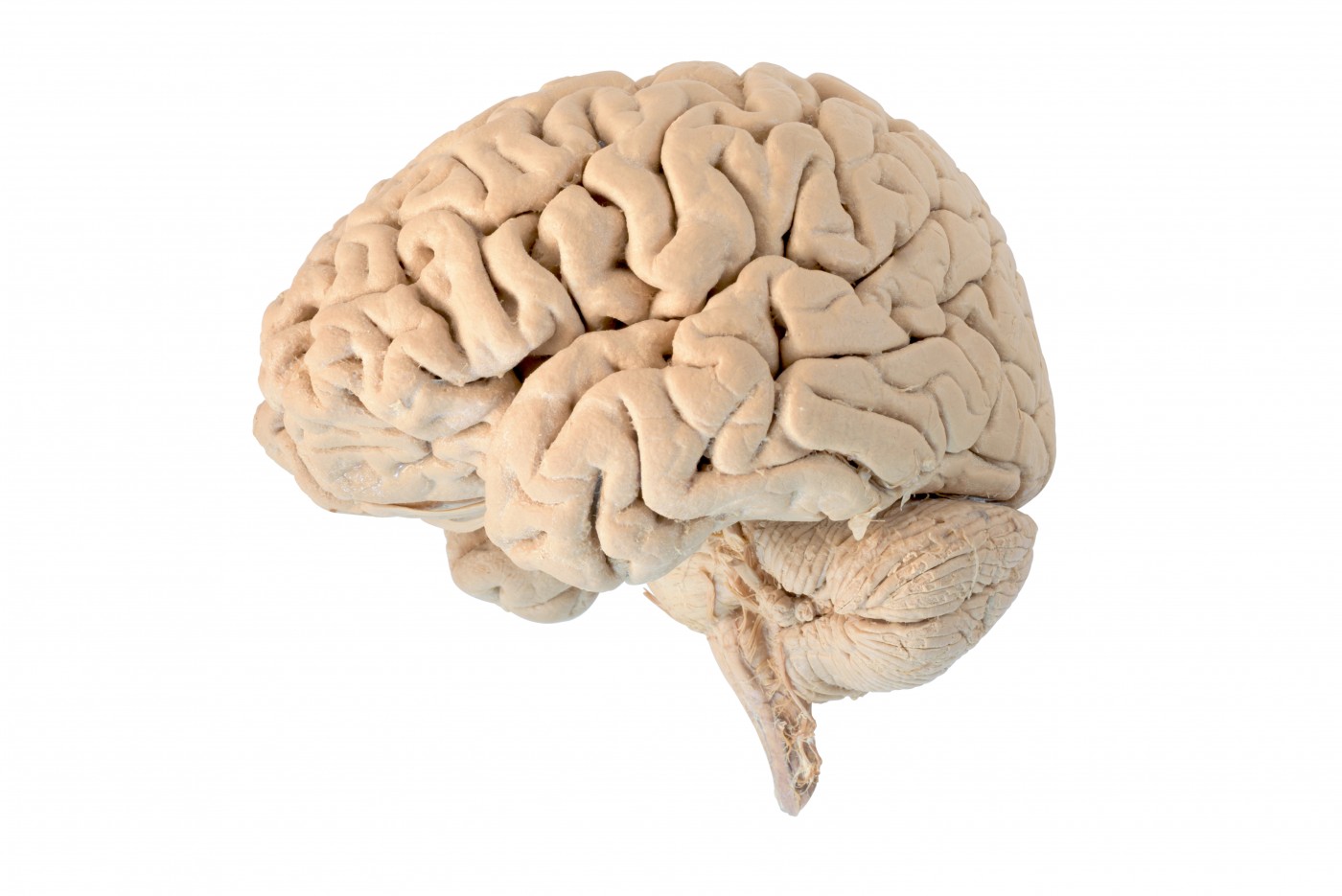Effects of bronchiectasis on health are far-reaching. While bronchiectasis is a lung disease in which the bronchi are enlarged and typically infected, the condition affects much more than the respiratory system. In one specific case, a team of researchers from the Departments of Pulmonary Diseases and Infectious Diseases at Kirikkale University in Turkey discovered that bronchiectasis affects the nervous system and may lead to low cognitive ability.
“Bronchiectasis may change cognitive function,” stated Dr. PY Gülhan, lead author on “Low Cognitive Ability in Subjects with Bronchiectasis,” which was published in the journal Respiratory Care. The rationale behind this statement is the association between chronic obstructive pulmonary disease (COPD), another disease of the airways, and cognitive dysfunction. The mechanism behind low cognitive ability in COPD is thought to be neuronal damage from hypoxia, or lack of oxygen.
Hypothesizing that a similar mechanism might be at play in bronchiectasis, the team of researchers identified 30 patients with stable bronchiectasis and 25 healthy volunteers and compared the two groups’ cognitive ability. The researchers used the Wechsler Adult Intelligence Scale, a 60-question test of IQ designed for adults and older adolescents, to evaluate cognitive ability. To make additional correlations between cognitive ability and characteristics related to bronchiectasis, the researchers also assessed pulmonary function, perceived shortness of breath following exercise, and level of depression in the patients.
Comparing the two groups’ results from the IQ test, the group with bronchiectasis scored lower on the verbal and performance tests and the full-scale IQ score. This group also had poorer lung function, lower oxygen saturation, and higher depression.
Although the researchers only correlated physical characteristics of bronchiectasis and cognitive function, the team believes the increased hypoxia in bronchiectasis may lead to lower cognitive function. Future experiments that evaluate the function of neurons in a hypoxic, bronchiectasis-induced environment may clarify the mechanism behind this phenomenon. In the meantime, it may be suggested that bronchiectasis patients engage in cognitive stimulation to help prevent or slow cognitive decline.

